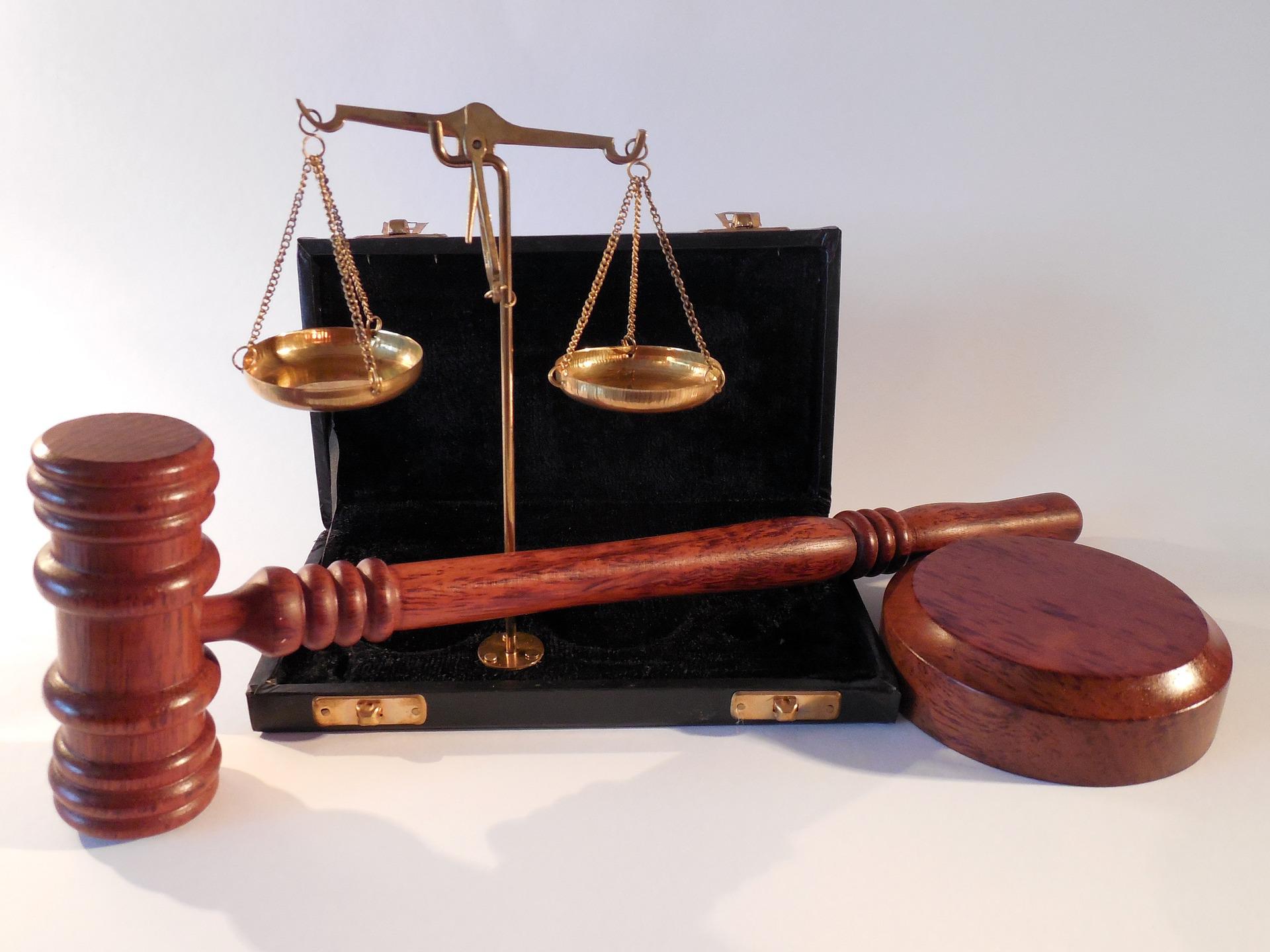If someone causes you to suffer personal injury due to a car accident, abuse, or neglect, you likely have the legal right to sue for compensation. But what if that person has no money?
If you sue someone with no money and win, you will get a legally enforceable judgment against that person. That judgment or piece of paper legally obligates the person who caused you harm to pay for your injuries.
Notably, a person’s ability to pay that judgment is not considered by a court or jury when deciding whether that person was at fault for her injuries.
But is it worth suing another party if they have no apparent assets? Will you ever be able to collect any money after the court’s decision? We’re here to discuss the potential pitfalls and the best ways to sue people without money.

What happens when you sue someone with no money?
If you sue someone without money, you’re not likely to get much (if any) money from them after winning your lawsuit. This seems logical as most people without money also don’t have assets that can be seized to pay the judgment.
Even if you win your case, you may not be able to collect any money from the person you sued. Why sue a person with no money even if the liability is clear?
There are several issues to consider when determining whether to sue someone. Sometimes, the injured person’s primary interest is not just to collect money. For example, you might want justice by proving the other side’s fault.
Most importantly, never assume the other person has no money or assets that could be used to pay a judgment. Appearances are deceiving; some are very good at hiding assets and money.
Always seek out and get the advice of an attorney as to who might be liable for the harm caused to you and who might be on the hook to pay for any judgment. You might be surprised that other parties (like insurance) or assets can pay a judgment. Most attorneys offer a free consultation and case review if another person has injured or harmed you.
The inability to pay does not affect a case’s outcome
You might think that a person’s inability to pay would affect your judgment in court, but this is not the case. However, it could complicate the outcome of any litigation and judgment.
The judge or jury will look at all facts and evidence when deciding whether someone is liable for the damages you’ve sustained. Even if a defendant cannot afford to pay any damages that might be awarded against them, a damage award may still be granted because the judge or jury must still determine fault or liability based on the facts of the case.
The court may authorize you to seize assets for the judgment, such as bank accounts, real property investment accounts, company income, and other personal assets. You may need to look beyond what you think are apparent sources of repayment, such as future wages or income from other sources. Note that social security benefits are typically exempt from garnishment.
While a legal claim can be lost in court, a judgment has already been proven and is almost always enforceable. A creditor or debt collector could still enforce a judgment even if there is a previous bankruptcy.
You may be able to work out a repayment plan with the defendant. A repayment plan is an agreement with your creditor to settle the debt by paying a certain amount over a fixed period of time.
Also, judgments expire after some time. But you can choose to renew a judgment to keep it valid in anticipation of collecting against future assets or income.

The finding of liability is not affected by someone’s inability to pay
An insurance policy is one of the most common payment sources in any personal injury lawsuit.
For example, suppose you are injured on a property due to the property owner’s negligence, such as someone falling in a parking lot and breaking their leg. In that case, the business’s liability insurance will most likely cover the injured person’s medical expenses, lost wages, and other damages.
In most personal injury cases, one or more liability insurance policies will cover the costs of settlement, judgment, and attorney’s fees.
When insurance is available, why do you need to sue?
Insurance companies make money by selling policies and coverage for their insureds but lose money when they must pay out on those policies. So, insurance companies have a financial interest in denying or reducing all liability insurance claims.
As we discussed above, a court system generally resolves disputes between two or more parties without considering the ability to pay any judgment. Insurance companies are incentivized to deny claims when there has been a disagreement about who was at fault or how much should be paid. Insurance companies will still try to negotiate the smallest payout possible when the fault is clear or if a party admits fault.
The insurance company’s reluctance to pay any claim (or the full amount) is why hiring a contingency-fee injury lawyer is in your best interest. Studies have shown that hiring an attorney results in significantly higher recoveries than dealing directly with insurance companies.
Ways to collect a judgment against someone with no money
There are a few ways to collect a judgment against someone without money, but they can be difficult and time-consuming.
You can garnish the person’s wages if they have a job
By garnishing wages, the court will order the employer to withhold a portion of their paycheck and send it to you. However, most people without money don’t have steady, well-paying jobs, so this may not be a reliable option.
Seizing a person’s assets or property
Another way to collect a judgment is to seize the person’s assets or real property if they have any. The court can order the sheriff to seize any property or assets the debtor has to pay off the judgment.
This may be challenging because you must first locate the assets and then figure out how to get them legally turned over to you. And, even if you successfully seize some assets, they may not be worth enough to cover the entire judgment.
Freezing a person’s bank account
Judgment creditors can request that the judgment debtor’s bank account be frozen alongside other assets. If you have a judgment against someone and they refuse to pay, you can get the court to freeze a person’s bank account to enforce payment of the judgment.
Freezing a person’s bank account will prevent them from accessing or spending funds from that account until they have paid part or all of a judgment against them.
Can you sue someone in small claims court who has no money?
If the legal matter you want to bring against someone is below a specific dollar amount (for example, under $15,000 in total damages), you can bring that claim to your local small claims court.
While it is possible to bring a small claims matter against someone who has no money, you should seriously consider the amount of time and expenses you will spend filing and proving your claim in small claims court.
First, you must understand that lawyers are generally not allowed in small claims court. You will need to handle your legal claim from start to finish personally.
You will need to gather evidence to support your claim. This may include witness statements, medical bills, and other documentation to help prove your case to the judge. There is no jury in small claims court.
Once you have collected all the evidence to prove your claim, you must file a complaint with the small claims court. Most small claims courts have a website with detailed instructions on preparing and filing your complaint and the steps involved in proving your case to the judge.
After filing the complaint, the court will serve the person you are suing with the complaint, and they will be able to respond. If they do not answer, you may be able to get a default judgment against them.
If the person you are suing files a response, you must go to court for a “trial” before the judge. Most trials are just short hearings where you can convince the judge of the other side’s fault using the evidence you collected. After both sides present their evidence, the judge will decide the matter.
If you win, the court will enter judgment for you and order the person you sued to pay you the money you are owed.
Conclusion
Suing someone with no money can be frustrating and a waste of time. If you are considering suing someone with little or no money, contact an attorney for a free legal consultation. Most injury attorneys offer a free consultation and can advise whether it would make sense to sue someone with no money. If you do, the likelihood you’ll eventually be able to collect any judgment you win.



